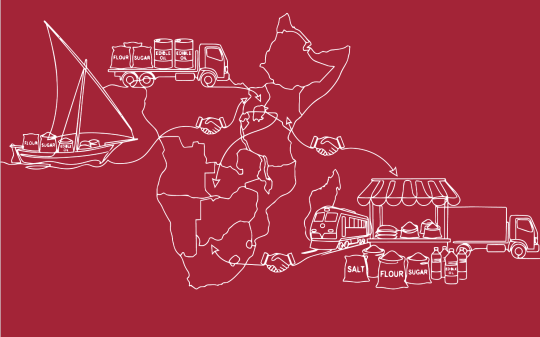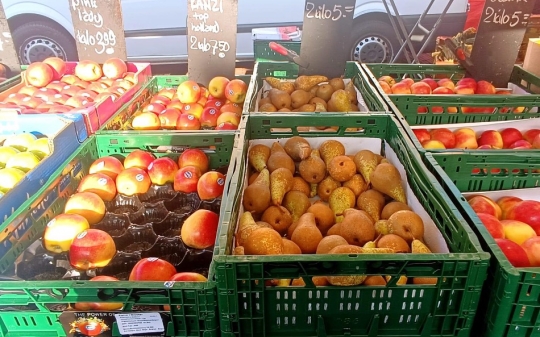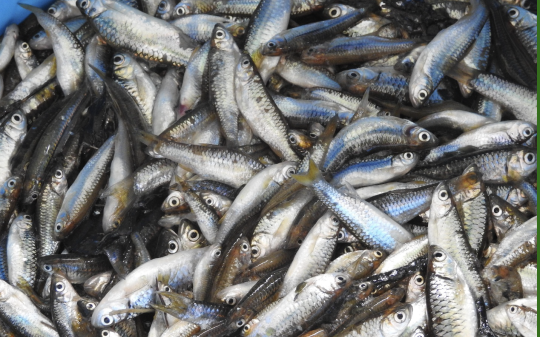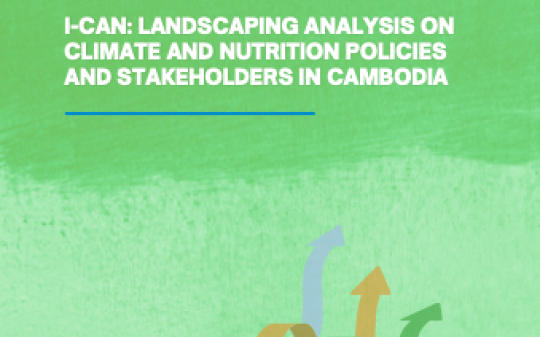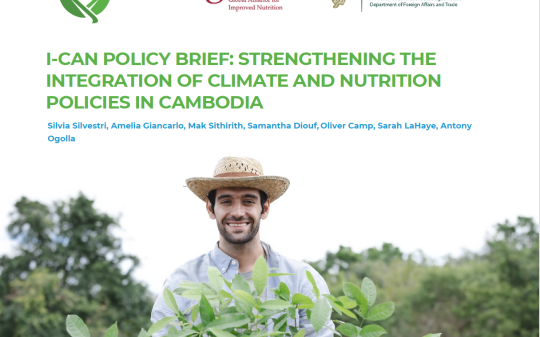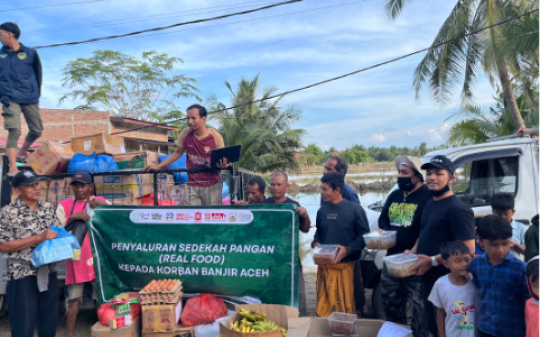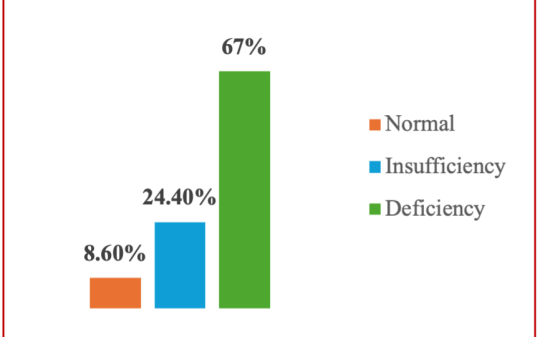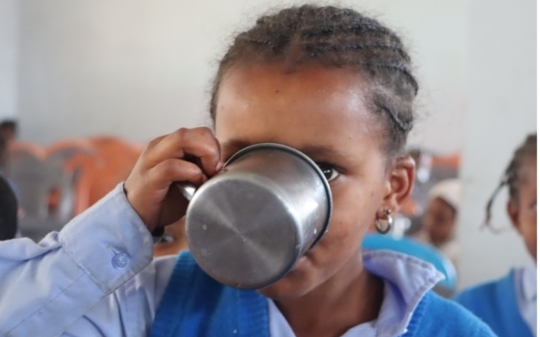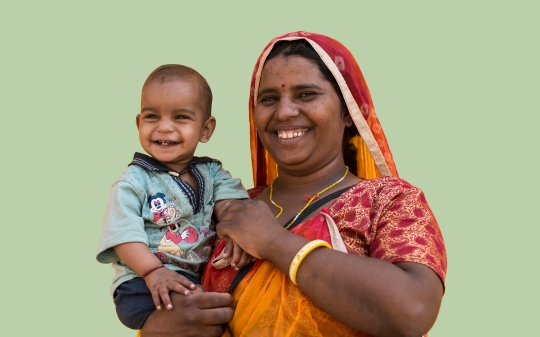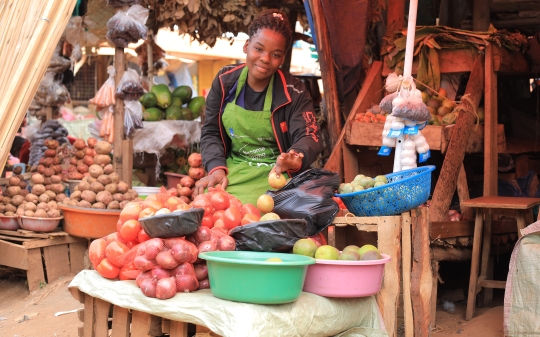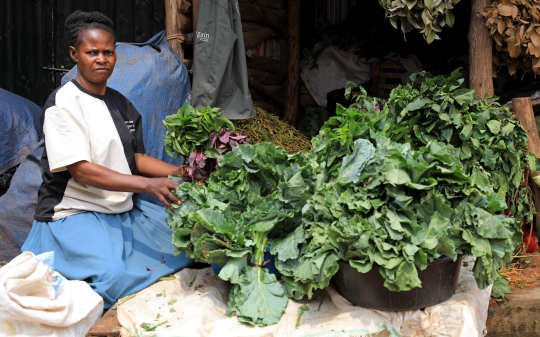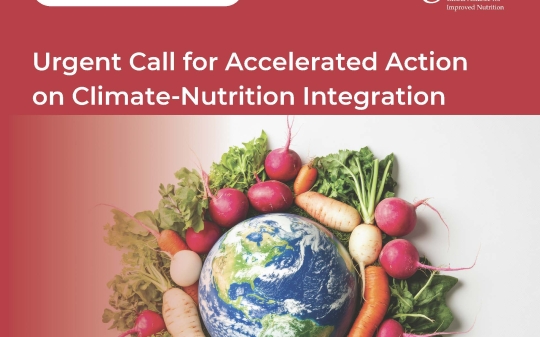


Evaluation of micronutrient powders in Mozambique
- 10/01/2018
Micronutrient powders (MNP) are recommended by the World Health Organization as an effective intervention to address anaemia in children. A formative process evaluation was conducted to assess the viability of a model using free vouchers in two districts of Mozambique to deliver MNP and motivate adherence to recommendations regarding its use.
Esperança Matsimbe
Project AssociateMaputo, Mozambique
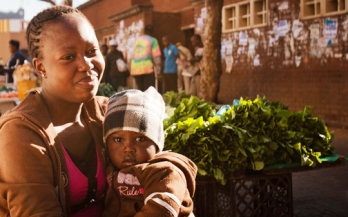
Program delivery and household utilization from the perspective of caregivers participating in a micronutrient powder program in Sofala Province, Mozambique
- 01/06/2017
GAIN and its partnerships implemented a project aimed at improving the nutrient adequacy of infant and young child diets in three districts of Sofala Province, Mozambique. The results presented in this report are based on focused ethnographic study interviews with caregivers who participated in the program.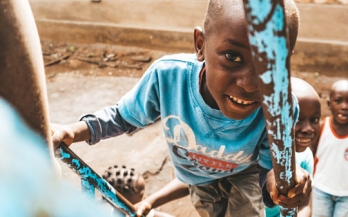
Endline survey report for a micronutrient powder intervention among young children in Sofala, Mozambique
- 01/06/2017
GAIN aimed at improving the nutrient adequacy of infant and young child diets in three districts of Sofala Province, Mozambique, through the delivery of micronutrient powder, called “VitaMais”, to children 6–23 months old and behaviour change interventions.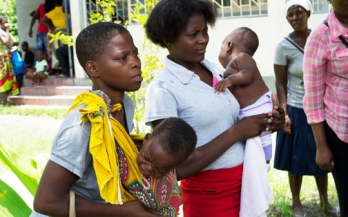
Baseline survey report for a micronutrient powder intervention among young children in Sofala, Mozambique
- 01/03/2017
GAIN and its partnerships supported MISAU in the implementation of a home fortification project, which aimed to improve complementary feeding practices through the delivery of micronutrient powder and behaviour change communication activities to children in three districts of Sofala Province, Mozambique.Mozambique
Despite a gross domestic product growth of over 2.2% in 2021, Mozambique’s population, of almost 31.6 million, remains one of the most vulnerable in the world, ranking 185 out of 191 countries in the 2021/2022 Human Development Index of the United Nations Development Programme (UNDP).
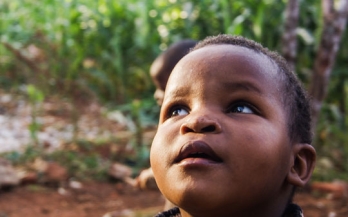
Assessment of consumption monitoring systems fortified and nutritious foods in the East, Central and Southern Africa (ECSA) region
- 01/11/2017
This report presents the results of that assessment and proposes a Consumption Monitoring and Surveillance Framework consisting of the various processes, phases, components, and domains that provide an enabling environment for this to happen.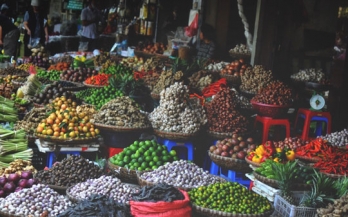
Methods to measure the food environment and a reflection on good practices for engaging the private sector
- 01/12/2017
The following report provides a consolidation of the findings, their implications for the achievements of the Marketplace program to date, and a series of recommendations to strengthen the design and potential for impact of the Marketplace moving forward.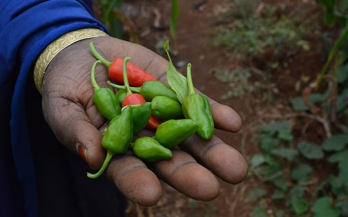
Market and consumer evaluation of the marketplace for nutritious foods program: a case study approach
- 01/09/2017
This report covers the mapping of the distribution, value chain and reach analysis of Alves and includes inputs taken from observations on local markets and at local stores, price checks and interviews done with participants at all levels of the meat processing production and distribution value chain.